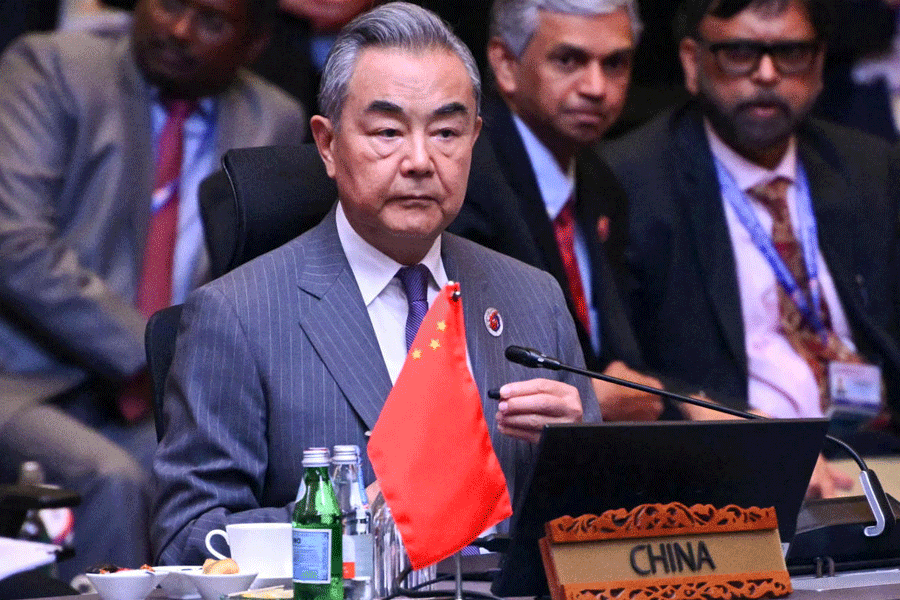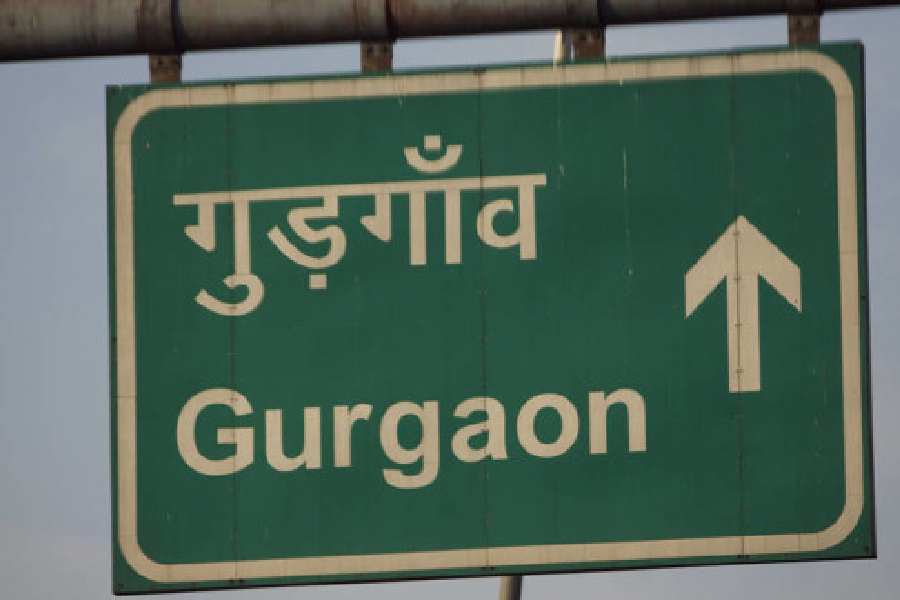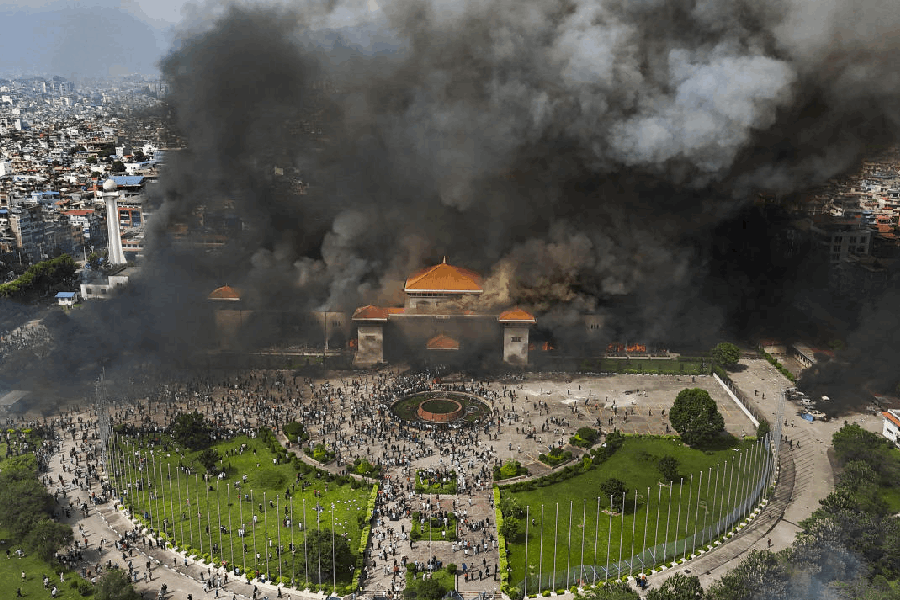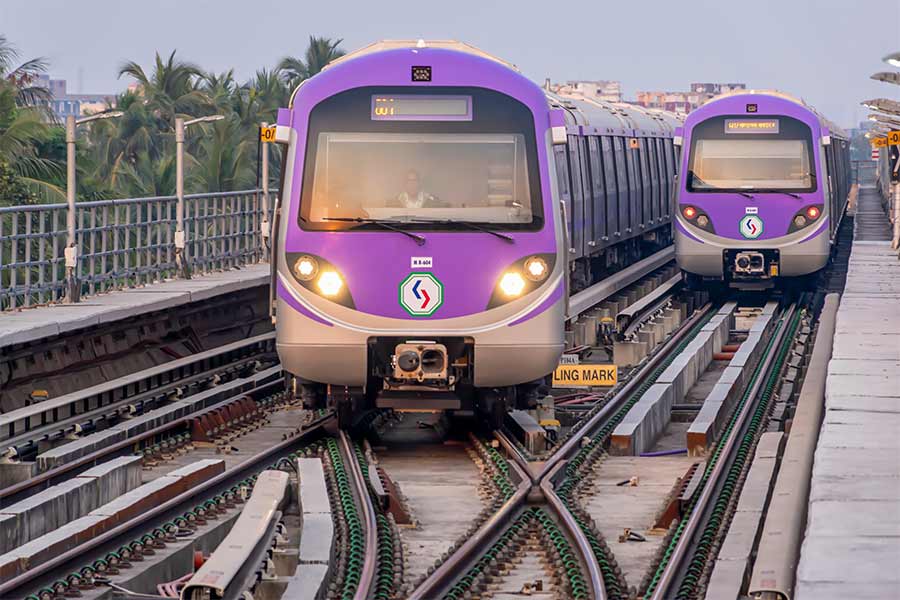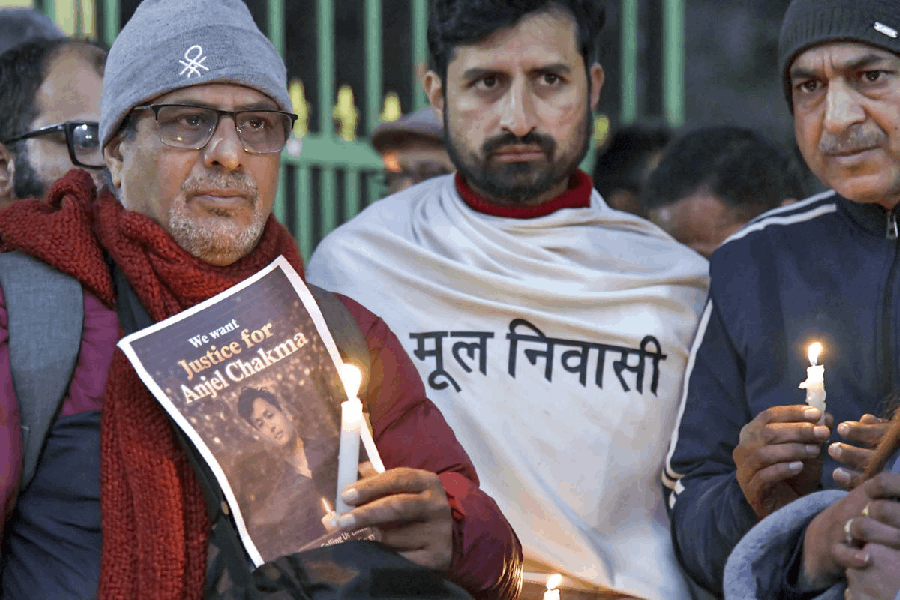.jpg)
Vijay Shankar Dubey, 74, is a former chief secretary of Bihar and Jharkhand. A 1966-batch IAS officer, Dubey retired in 2002 and went on to serve as vice-chancellor of Nalanda Open University from 2003 to 2009. At that time he also worked additionally as the chairman of Bihar State Administrative Reforms Commission, which submitted a much acclaimed report in 2006.
Dubey is remembered as a no-nonsense, development-oriented officer, credited with initiating several schemes, including intensifying, expanding railway network in Jharkhand. He has worked with chief minister Nitish Kumar in various capacities and here, he sets a seven-point progress agenda for the new government that has taken charge in the state.
The first six months are crucial for any new government. People have very high expectations from it, and if it fails to deliver during this period, it fails to make an impact on them thereby losing credibility and trust.
But the time period is also very short to take up big schemes. The new government should complete the Ganga bridges under construction in Ara (Bhojpur), Digha (Patna) and Munger. The task is achievable within this timeframe if there is no battle between the Centre and the state, and both work in unison. Their completion will have a tremendous impact on the people, by way of reducing their travel time.
The state government should also undertake repair and renovation of all national and state highways, which could be done in three months. Expansion and repair of around 50km stretch of NH-28 in Gopalganj district up to Uttar Pradesh border as it is full of knee-deep ditches, hampering movement of passenger and goods vehicles. The four-lane road connecting Patna to Muzaffarpur should be readied quickly as it is almost ready - with just a few unfinished patches serving as bottlenecks.
Nitish Kumar can easily ensure that these projects are finished in six months, as he is a man of vision and has a proven track record of delivering. It will also lift the mood of the state and the government can then concentrate on seven thrust areas for the next two to three years, beginning January 2016.
Agriculture
The foremost among the seven areas is agriculture. Topmost priority should be accorded to agriculture because it is the main strength of Bihar, but unfortunately, stands neglected. It is the biggest hope for us as the state lacks minerals and industries.
To ensure prosperity in farming, additional irrigation needs to be created by way of completing projects pending for the last three decades. The main among these are - East Gandak canal and Western Kosi canal. Land acquisition is not a problem in these two extensive schemes, but they have been in suspended animation due to sheer administrative apathy. Around 10 lakh acres of land will benefit if they are completed.
Similarly, good seeds and fertilisers should be made available to farmers, and the rest they will themselves do. Bihar will become a food surplus state like Punjab and Haryana.
Power
Improvement in electricity sector should the next by way of priority, as it is the need of the hour and necessity for everybody. Education, industries, cold storages, hospitals cannot function properly without it.
All villages should be connected to electricity and 24x7 power supply should be ensured. In this renovation of Barauni thermal power station and acceleration of Nabinagar super thermal power station should be done. This will ensure energy security for the state. The Nitish government should concentrate on just these projects and not scatter money and work in several schemes.
Road
Road connectivity comes next and the government should focus on repair of existing bridges over the Ganga at Patna, Buxar and Bhagalpur. They all are in bad shape. The Ganga bridge at Bakhtiyarpur should be completed fast and construction of the bridge at Kachchi Dargah (Patna) should be expedited.
All district headquarters should be connected by four-lane roads. These steps will take around three years if seriously implemented, but will go a long way in boosting up road network across the state. Funds for these purposes can easily be raised from various institutions, including international ones.
Industry
When it comes to industry, Bihar has limitations by way of lack of mineral resources. But then this sphere could not be neglected. Attention should be paid towards development of agro-based industries and food processing in the state.
All closed sugar mills - around 16 - in the state should be revived. Farmers at present have to take their sugarcane to Uttar Pradesh.
This is a cash crop and revival of mills here will improve the financial condition of cultivators.
Similarly, Rohtas industries, including cement and vegetable oil, should be revived. They already have around 500 acres of land and partnership with private sector should be explored for this purpose. The Ashok Paper Mill in Darbhanga should also be revived. All these measures for industrial development will not only create jobs but will also provide a boom to the local and state economy.
Tourism
The fifth point is of developing tourism potential in the state. It is one of the core strength of Bihar and for this the Ramayan and the Buddhist circuits should be focused upon.
Development of Darbhanga-Sitamarhi-Ayodhya and Bodh Gaya-Rajgir-Nalanda-Vaishali-Kusinagar-Gorakhpur-Sonauli-Lumbini (Nepal) routes will attract innumerable tourists to the state. The already present Buddhist traffic will also jump up.
The Ganga River Front development scheme in Patna from Digha to Didarganj by making a four-lane road along the southern bank of the river should be undertaken. It will provide an impetus to tourism in the state capital.
Education
In the education sector, the new government should just focus on two small things. Rampant copying should be checked to restore the sanctity of examinations in the state and the condition of universities should be improved. At present, they lack good facilities, good teachers and have bad vice-chancellors. They have become a hub of hungama and politics and there is no education left there. Course sessions are running late by years.
Health
The last, but not the least in the seven-point agenda is health sector. The Nitish government should revitalise primary health centres (PHC). It will be a boon for rural population and the poor. At present, doctors posted there don't go there regularly or maintain their duty hours, X-Ray machines don't work and cold-chain doesn't functions.
If the new government and administration work on this simple plan, the state will definitely progress and people will be happy. Development in these seven areas will also pave way for further growth of Bihar.
As told to Dev Raj

.jpg)
